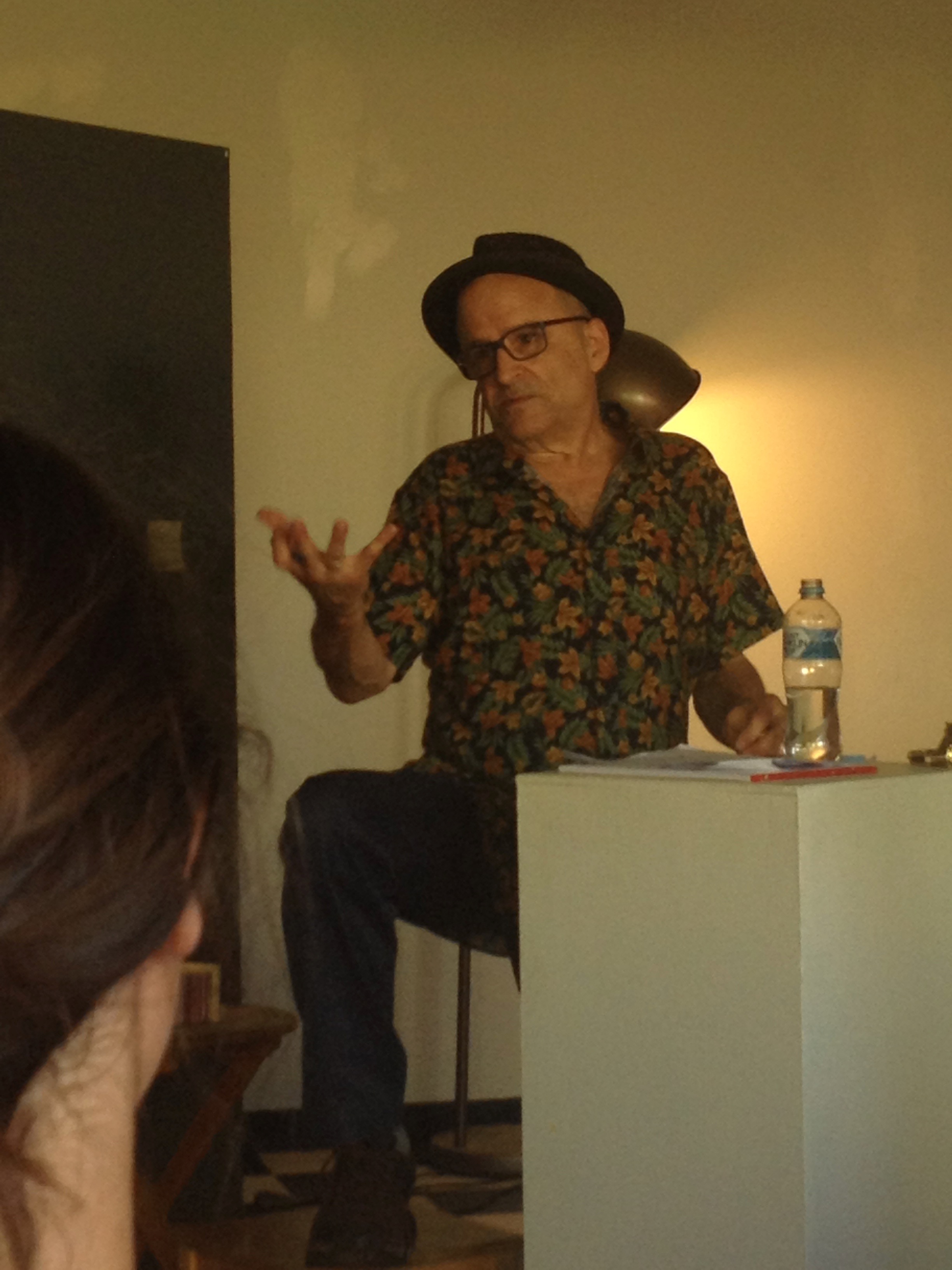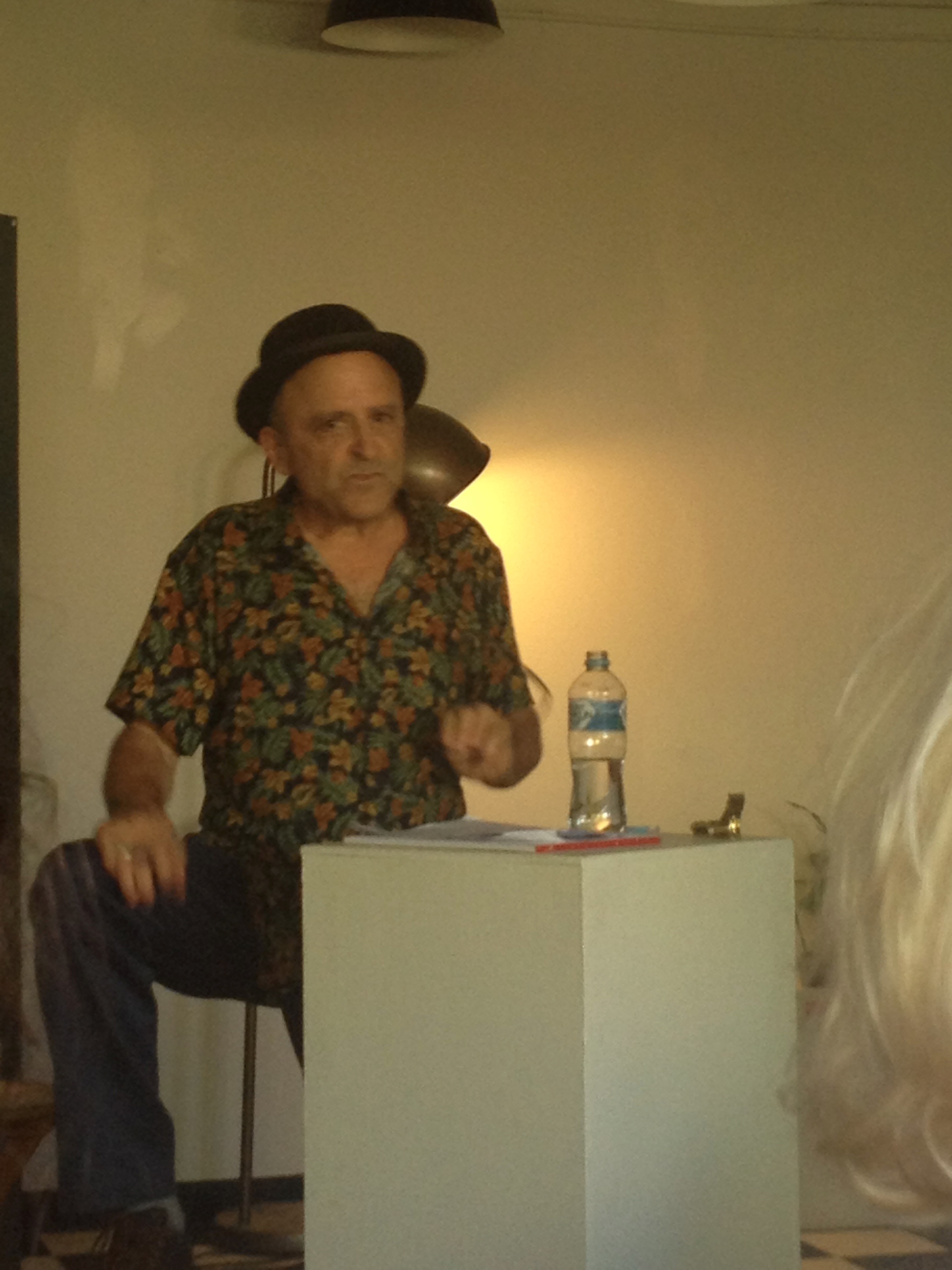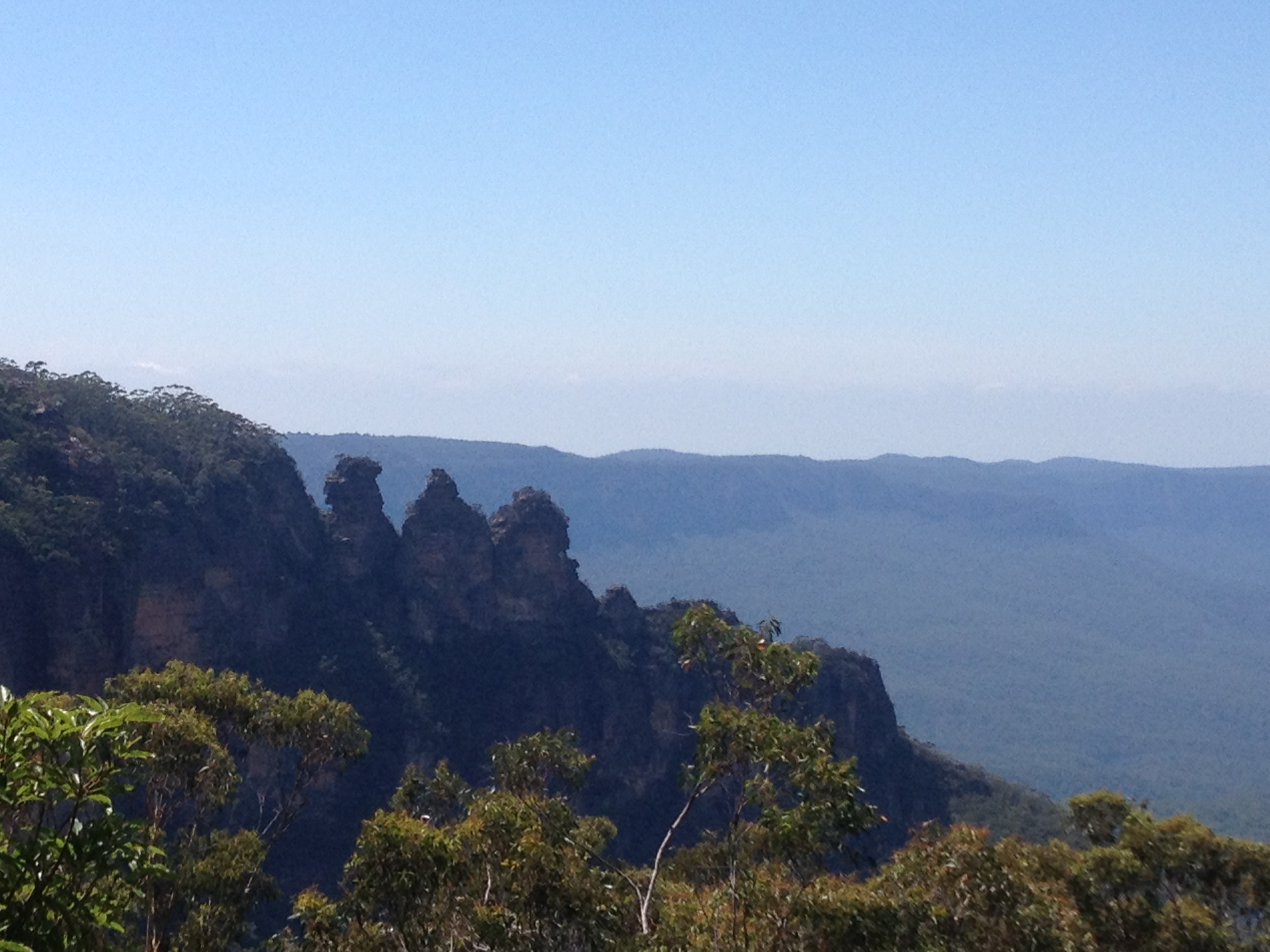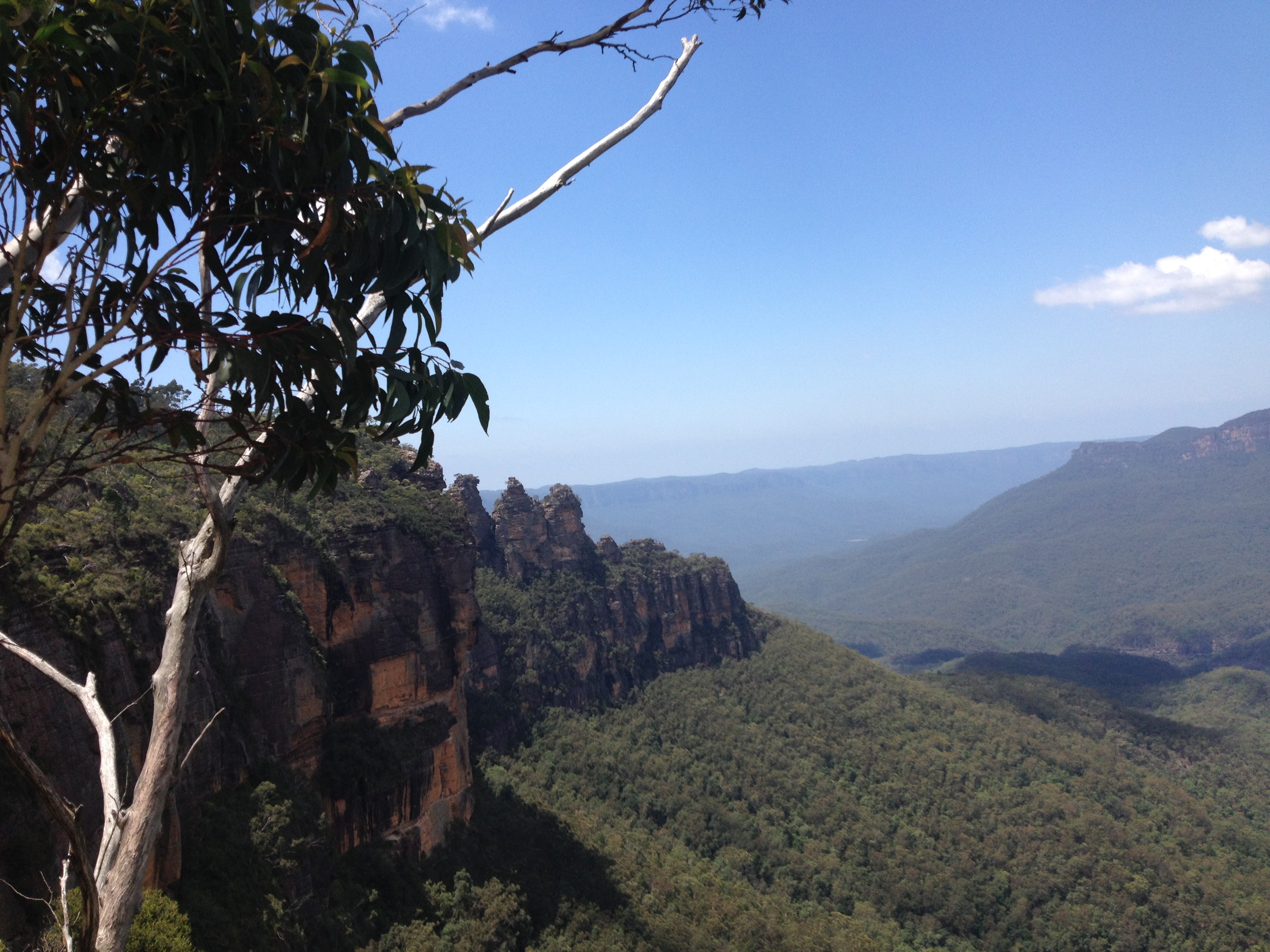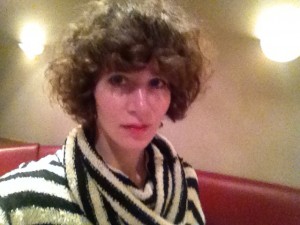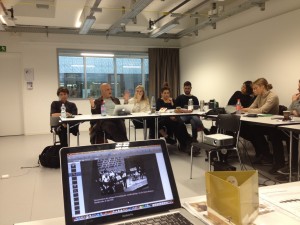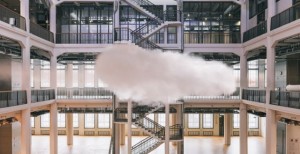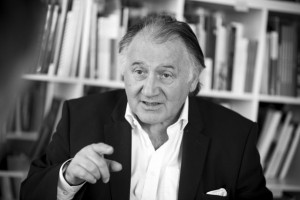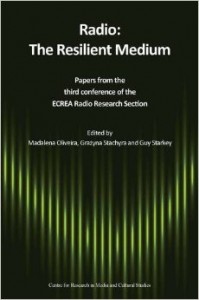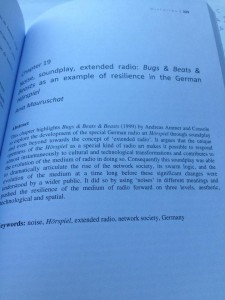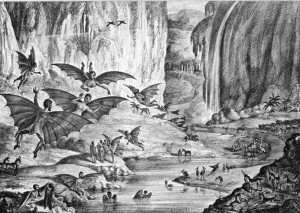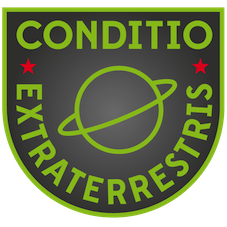Report about transnational workshop at Bournemouth University, Centre for Media History, July 6 – 7, 2017
When I presented my PhD project “Radiophonics, Noise and Understanding” at the fist workshop of the Australian-German “Transnational Media Histories” collaboration[1] at the Centre for Media History at Macquarie University, in Sydney in February 2017, Dr Jeannine Baker asked me if I would like to join a workshop, which she and her colleague Dr Justine Lloyd were planning together with the British radio scholar Dr Kate Murphy for July in Bournemouth, UK. Its topic: Gender and transnational broadcasting. I asked her, if gender would refer exclusively to female aspects of broadcasting or if I also would be allowed to discuss the topic of my PhD about noise and radio art from a male and masculinity studies perspective. Jeannine liked the idea and so I got invited to participate in, and to present at, a very fruitful and inspiring international, two-day workshop at the Centre for Media History at Bournemouth University.
Weiterlesen








